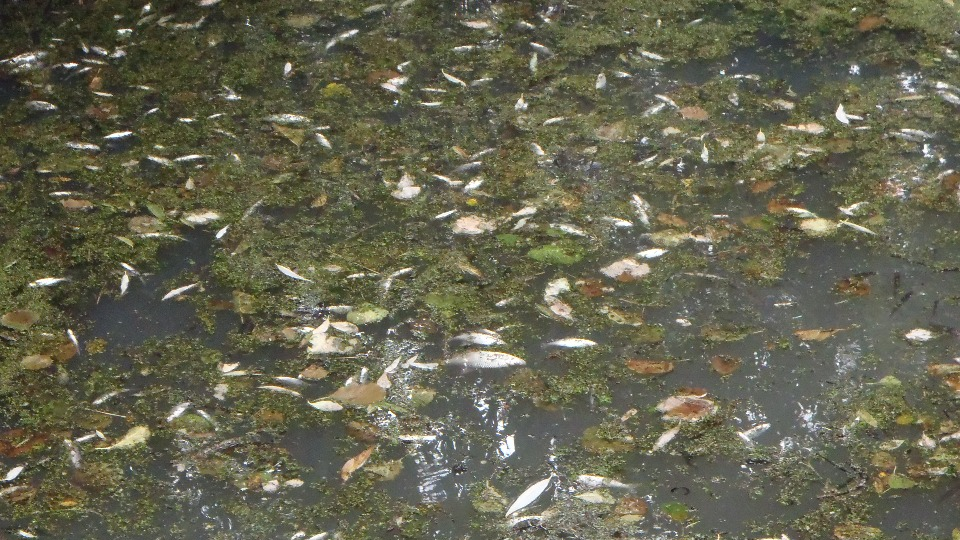Following a successful prosecution by the Environment Agency, Anglian Water has been fined £300,000 for illegally discharging sewage into a watercourse that feeds into the Broads Special Area of Conservation in Norfolk.
On 5 December 2024, Anglian Water Services Limited was sentenced at Basildon Magistrates Court to pay a fine of £300,000, alongside £21,896.56 in costs and a £171 victim surcharge. Anglian Water pleaded guilty earlier in the year.
The pollution happened on 5 November 2018, when an Anglian Water pumping station in Ormesby St Margaret, Norfolk, discharged untreated sewage into Spring Dyke. The Dyke feeds into Ormesby Broad which is a public water supply and a Site of Special Scientific Interest.
Samples taken by Environment Agency officers found high levels of ammonia in the polluted water. Thousands of fish were killed and had to be removed, and many more were seen in distress, so aerators were installed to prevent further impact.
The court found that Anglian Water had been negligent and that the incident had caused significant harm. It took 11 days for the water quality in Spring Dyke to recover.
Sentencing Anglian Water, District Judge Williams said that “the effect on wildlife was deadly, with a significant number of fish having died, and a large number seen in a state of distress. There was some impact on local residents and there was also a risk that this could have entered the public water supply.”
The overflow of sewage was caused by a blockage of unflushable items in the pumping well. Anglian Water was aware of issues with the pumping station: 10 sewage discharges have occurred since 2003, but the pumping station does not hold an emergency overflow permit.
Graham Verrier, Environment Agency Area Director for East Anglia, said:
“We take our responsibility to protect the environment very seriously. Where significant pollution incidents occur, the Environment Agency investigates and takes action to stop the pollution as quickly as possible and then to take enforcement action where necessary.”
In a statement, Anglian Water said that since the incident the company has undertaken a radical review of its Water Recycling team and how they operate – a change in leadership, culture, processes and new investment.
Operational changes have included the introduction of a planned preventative maintenance programme across the region. This is helping to reduce blockages caused by unflushables alongside the installation of 40,000 sewer monitors, including two at Ormesby pumping station, to give early warnings of any problems arising within the sewer network so they can be dealt with before an incident occurs. Further changes have been implemented to the cleaning schedule for the site, the alarms and the roll out of new AI technology to make sure their equipment is performing well.
An Anglian Water spokesperson said:
“We acknowledge that our actions at Ormesby fell well below the high standard we set for ourselves. We care deeply about any impact we have on the environment and are sorry this event happened.
“We know there’s no room for complacency and agree that our performance must improve. Since this incident, six years ago, we have fundamentally changed how the Water Recycling side of the business operates. We’ve put in place new processes, invested in new technology and additional monitoring, including specifically at Ormesby, all of which are already working to minimise the risk of anything like this happening again.
“We equally want to see the improvements in our standards. An additional £100 million investment from our shareholders this year has allowed us to accelerate our work on reducing spills and pollutions. We are making progress in the right direction but there is still more work to do.”



